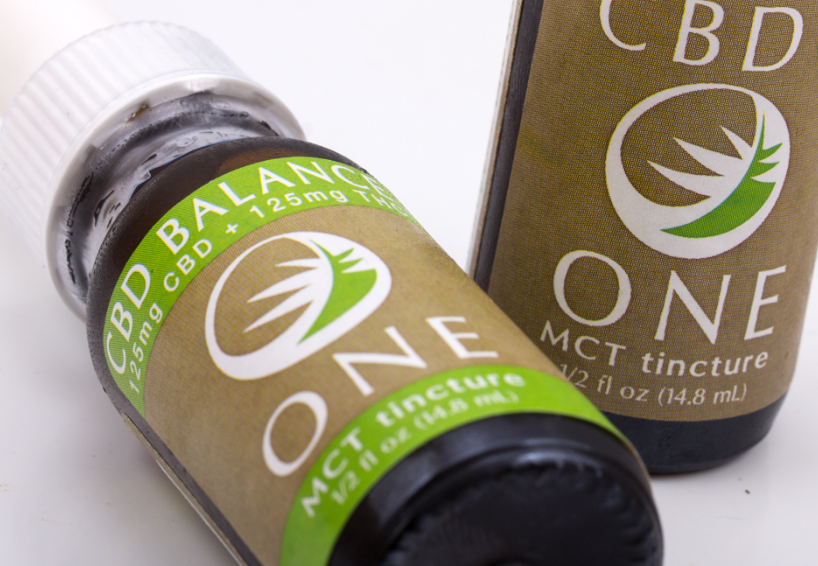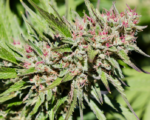A landmark move by the Turkish Parliament shifts the country’s hemp policy, allowing controlled access to nonintoxicating cannabis-based products for medical use.
In a quiet but significant move, Turkey has passed new legislation that could reshape how the country approaches cannabis—though it’s not quite the green light some headlines might suggest.
On 20 July, the Turkish Parliament approved a law that legalises the sale of low-THC hemp-derived products through licensed pharmacies. While some local media rushed to label it “medical cannabis legalisation,” the reality is more nuanced—and a bit less revolutionary. Still, for patients, hemp producers, and pharmacies, it’s a clear step forward.
Focus on Function, Not the High
Let’s be clear—this isn’t about recreational marijuana. The law only permits products derived from industrial hemp, with very low levels of THC (tetrahydrocannabinol), the psychoactive compound that gives cannabis its ‘high’. What’s legal now are cannabinoids like CBD, which don’t intoxicate but are often used for their potential therapeutic benefits.
The aim? To establish a complete supply chain, from hemp cultivation to cannabinoid extraction, packaging, and finally, pharmacy shelves. This marks the first time Turkey has formalised cannabinoid sales, albeit in a very limited and controlled manner.
That subtlety matters.
For Turkish authorities, the legislation is framed as an expansion of the country’s existing industrial hemp programme—not a sweeping cannabis reform. It’s less about decriminalising cannabis and more about unlocking new agricultural and pharmaceutical potential.

So, What Will Actually Be Available?
Details are still emerging, but the legislation is clear about some key restrictions. Products must be low in THC, sourced from authorised hemp varieties, and sold exclusively through licensed pharmacies. Over-the-counter sales? Not happening yet. Recreational use? Still illegal. Smoking hemp or cannabis remains strictly prohibited.
Here’s what pharmacies could start offering under the new framework:
-
CBD oils or tinctures for chronic pain or inflammation
-
Topicals or creams for joint and skin issues
-
Possibly capsules or edibles, depending on future regulations
But access will likely be tied to a doctor’s note. Think of it like prescription-only supplements, rather than free-for-all availability.
A Move with Economic Motives?
Turkey’s agricultural sector has long flirted with hemp. The crop is resilient, needs less water, and has broad industrial applications—from textiles to construction material. But cannabinoid extraction? That’s the part of the hemp business with global growth potential.
According to data from Grand View Research, the global cannabidiol market was valued at around $6.4 billion in 2022 and is projected to grow over 16% annually through 2030. That’s hard to ignore.
So while health is part of the equation, the law’s economic ambitions shouldn’t be overlooked.
| Key Stakeholders | Potential Benefits |
|---|---|
| Hemp Farmers | Increased demand, higher margins |
| Pharmaceutical Sector | New product lines, regulated sales |
| Medical Patients | Legal, safe access to CBD |
| Government | Tax revenue, job creation |
There’s real money on the table—particularly if Turkey positions itself as a regional processing hub for low-THC cannabinoid products.
Medical Patients Cautiously Optimistic
Reactions among patients and health advocates have ranged from hopeful to sceptical.
On the one hand, legal access to CBD and other low-THC products could bring relief to people with chronic pain, epilepsy, multiple sclerosis, and even anxiety disorders. Turkey’s medical system has been conservative on this front—until now.
But many are waiting to see how the system rolls out. Will doctors actually write these prescriptions? Will pharmacies stock meaningful options? Will prices be affordable?
A patient advocacy group in Istanbul noted, “It’s a small start, but at least it opens the door. We just hope this won’t be medicine only for the wealthy.”
That said, there’s still a huge stigma around cannabis in Turkish culture. Even low-THC products could face public resistance and political hesitance. Pharmacy sales may also carry limitations that make real-world access less practical than it looks on paper.
International Observers Are Watching
Turkey is now the latest in a string of nations experimenting with cannabis-related policy reforms, though it’s still far behind Europe’s medical cannabis leaders like Germany or the Netherlands.
But it may not stay that way forever.
Neighbouring countries, especially those with large rural sectors like Greece and Bulgaria, are watching how Turkey leverages hemp for economic and health purposes. The regional dynamics are shifting.
Meanwhile, Turkey’s move could send a signal to investors, especially those in biotech and agricultural technology. If the legal framework proves stable, it might invite foreign partnerships or tech transfer deals in cannabinoid processing.
Whether or not Turkish policymakers intended it, this change could make the country more visible on the global cannabis stage.
Still a Long Road Ahead
Of course, legislation is only the first step. Implementation will be slow and heavily monitored. Regulations around product labelling, testing, manufacturing, and prescription guidelines are yet to be finalised.
And then there’s public perception. A pharmacist in Ankara summed it up: “Even if the law allows it, people are afraid. They think cannabis is drugs. It will take education and time.”
For now, the cannabis conversation in Turkey remains cautious, scientific, and squarely low-THC. But it has finally begun.
David Johnson is a respected writer known for his expertise in crafting compelling articles about cannabis. With a passion for exploring the intersection of cannabis, health, and wellness, he sheds light on the therapeutic properties and potential uses of this versatile plant. David’s in-depth analysis and thought-provoking commentary offer readers a deeper understanding of the evolving landscape of cannabis legislation, consumption methods, and industry trends.








